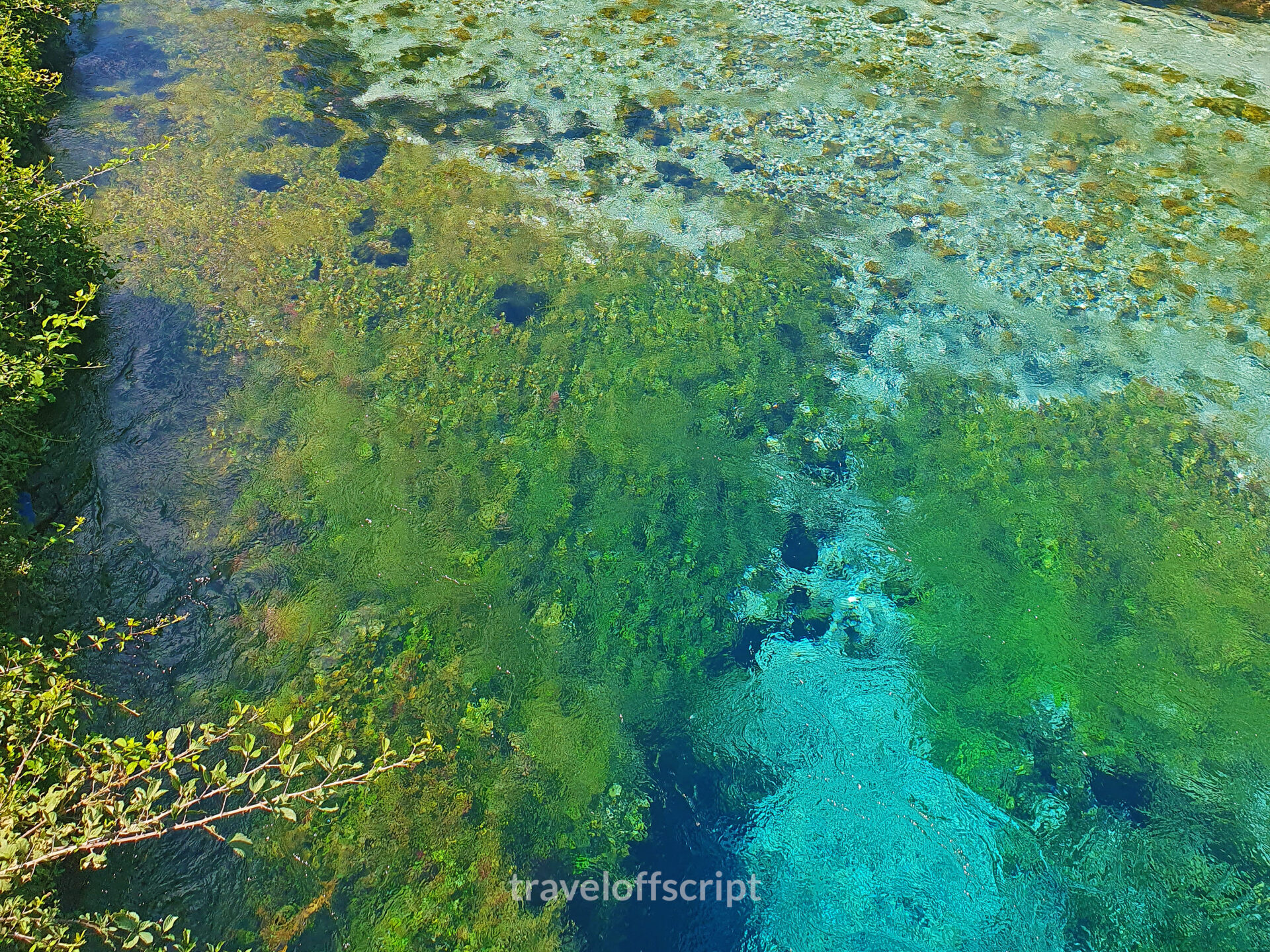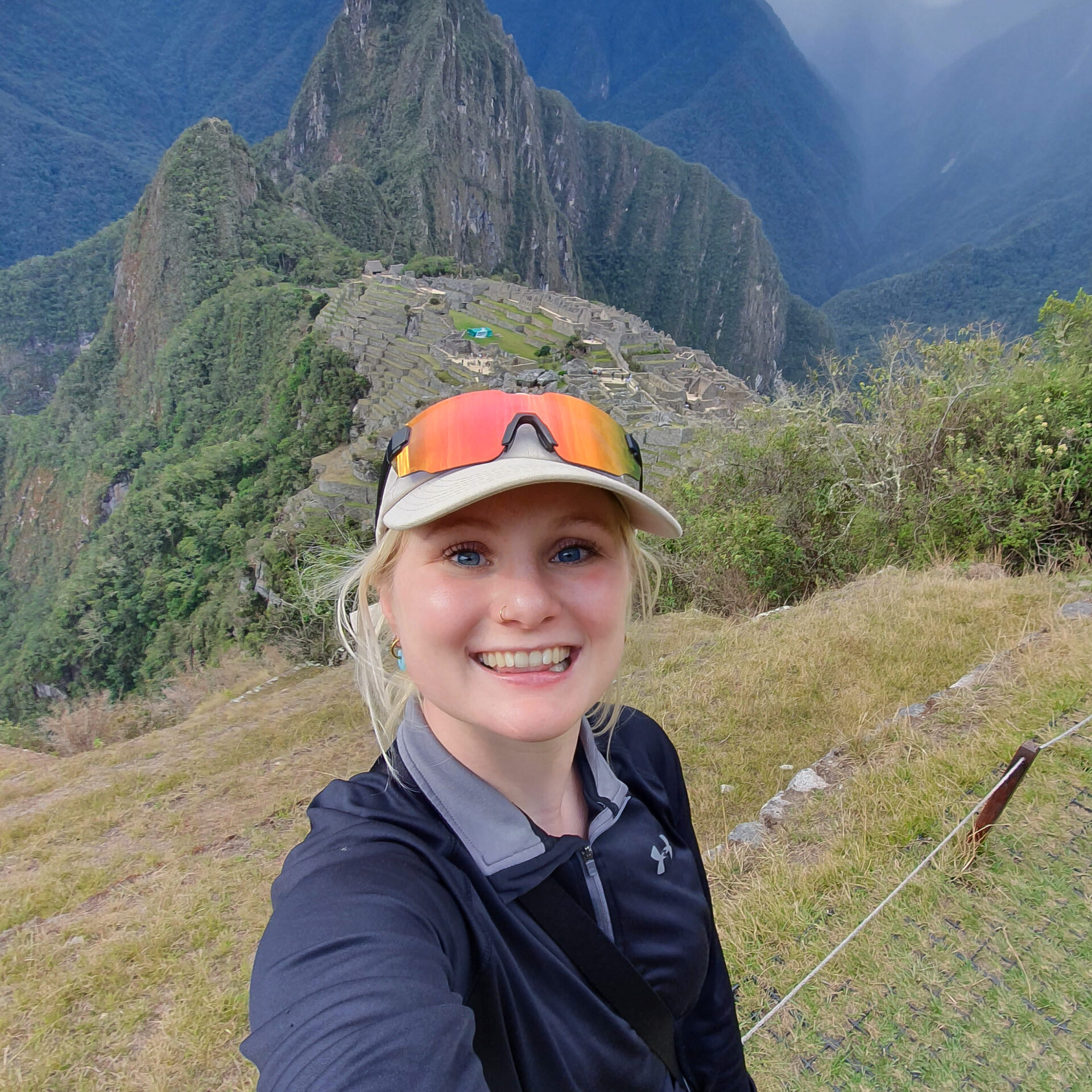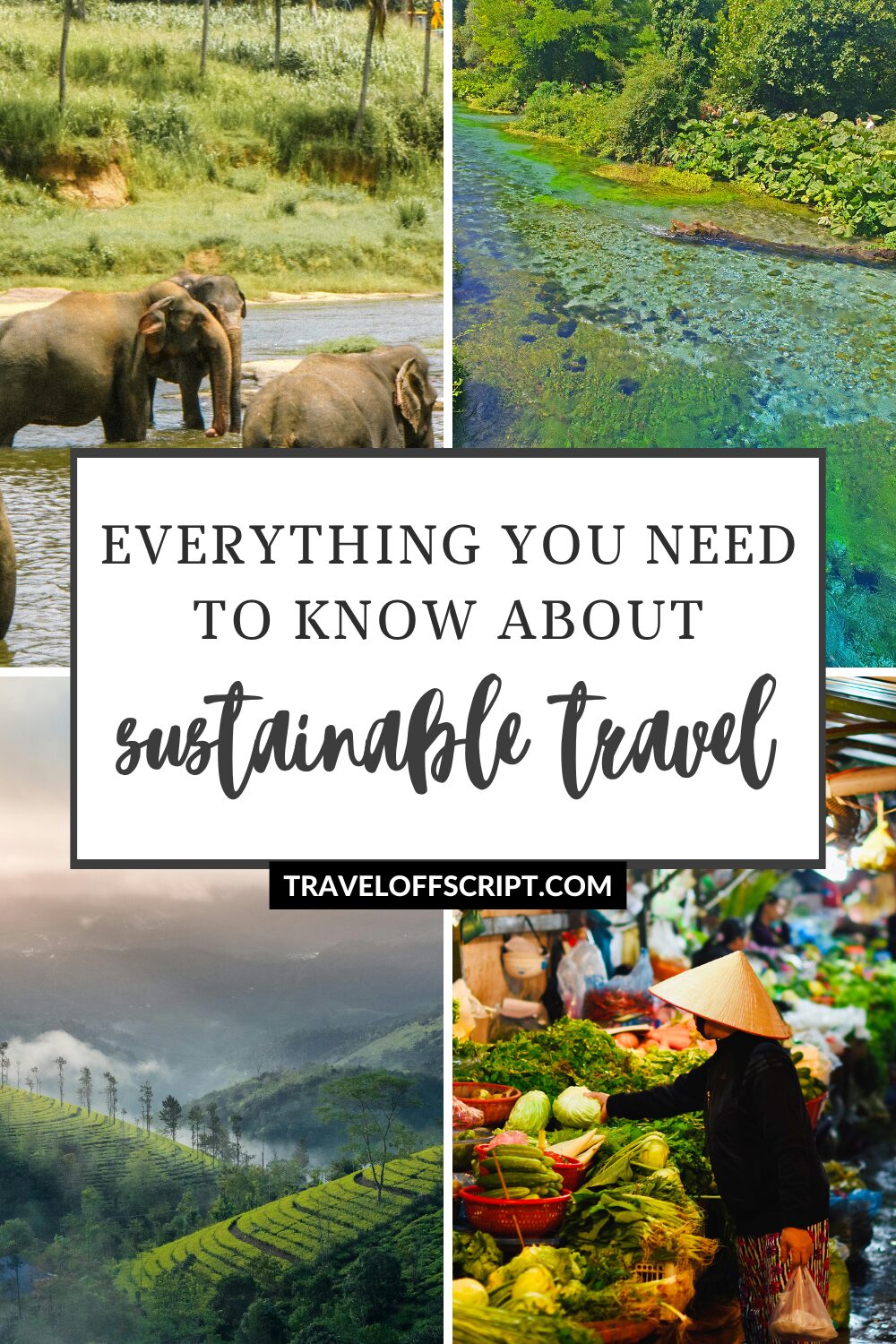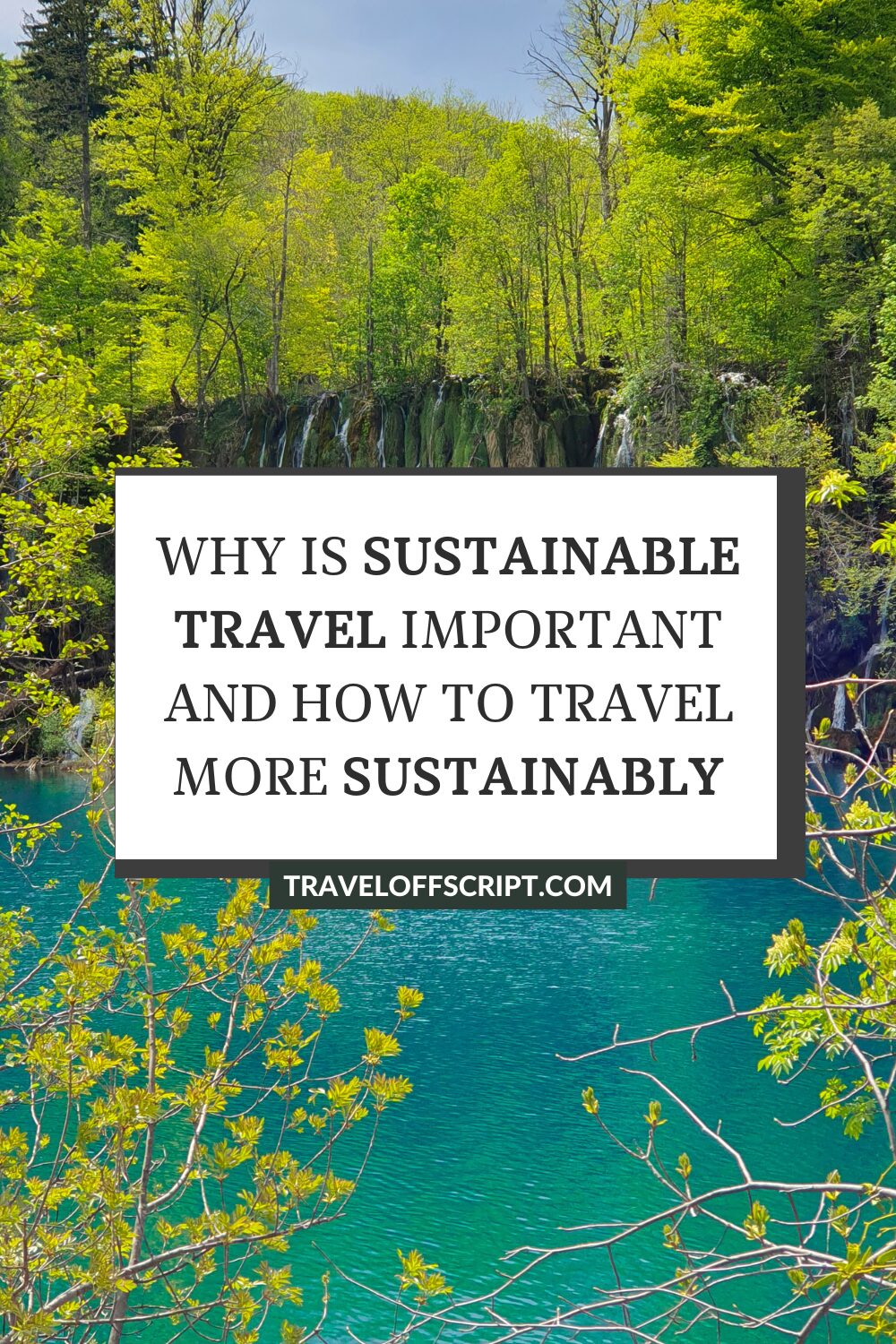Why Is Sustainable Travel Important and How to Travel More Sustainably in 2025
- September 23, 2025
- No Comments
Sustainable travel is becoming more important everyday. We need to protect our planet and its people and especially so while travelling, so that we can still explore the world for many years to come. Learn everything about sustainable travel and how you can travel greener here!
As someone who travels a lot, educating myself about travelling in a sustainable and ethical manner is crucial. While it is not always possible or accessible to travel 100% sustainably, we can all do our best to reduce our impact on the environment and people of the locations we visit.
This becomes especially important now that overtourism is such a big issue. Places like Italy and Spain have found themselves overrun in summer and locals are starting to protest things like AirBnB for driving up rental prices.
In this blog post, I will explain what sustainable travel is, what it means for us as travellers/tourists and simple things anyone can implement to travel more ethically and sustainably.
Leave no footprints where you travel, only positive impact:
Table of Contents
ToggleEverything you need to know about Sustainable Travel
1. What Is Sustainable Travel and Why Does It Matter?

Essentially, sustainable travel is about minimising your impact on your travel destinations, from local communities to wildlife to the environment. It means adapting travel and tourism so that it can be sustained long-term without any harm to the areas visited.
Sustainable travel is also about creating positive impact, including job creation , wildlife preservation, cultural appreciation and more.
In the simplest terms, you want to protect and sustain these three pillars at any destination:
- Environment
- Society
- Economy
As I mentioned in the beginning, this isn’t about being perfect, but about caring and doing the most you can. You may think that one person won’t make a difference, that it is the big companies that need to make a change. And of course we need those big changes coming from the top.
However, each small, consistent choice you make to be a more sustainable traveller has a cumulative impact. If all of us are a little more careful with what we support and how we act while abroad, it will create a landslide of positive changes.
One example is Elephant abuse in SE-Asia where Elephants were abused for tourist entertainment such as riding them. While it still exists in places like Thailand, it has been reduced drastically and more and more tourists are choosing ethical alternatives and sanctuaries. That is impact.
We need this positive impact more than ever now. Travel demand has rapidly recovered since the Covid pandemic and numbers are continuing to grow exponentially.
2. How Tourism Affects the Environment and Local Communities

While it is true that tourism supports many communities and has created a lot of jobs, I have heard some people using this as an excuse to justify them heading to overcrowded spots. There is a point where this positive impact in the economic sense starts to overwhelm a local community and environment.
This can lead to exploitative practices like forced displacement of local communities to make way for hotels, AirBnBs and tourist attractions. Other issues are e.g. poor working conditions, environmental degradation, erosion of traditional values and inflated cost of living.
The environment also faces grave consequences from tourism. One I witnessed first hand was the pollution of the Blue Eye in Albania. This clear and stunning water spring and nature reserve is a top attraction near Saranda and one that is well worth visiting. The area is still up and coming in terms of tourism, and yet already experiencing the negative effects.
When I went, I saw people ignoring the many signs that asked to protect the ecosystem by not entering the water. People jumped right into the crystal-clear well and even went for a little swim in the river. It is actions and ignorance like that which destroy the local environment and will lead to degradation of this spot.
Examples of this are unfortunately plenty and many have already destroyed once thriving nature reserves. The Great Barrier Reef of Australia is maybe one of the most famous ones.
3. How Can You Travel More Sustainably
I am not telling you these things to say you should never travel. However, you should travel mindfully and sustainably as much as possible.
Here is a quick summary of the points in this long paragraph:
- make small travel swaps like switching to reef-safe sunscreen
- swap air travel for buses/trains where possible
- listen to local communities and governments!
- visit during the off-season
- shop/eat local
- travel slowly
- try volunteer placements like Worldpackers/Workaway to support local communities
- do your research, especially when it comes to wildlife encounters
- head to lesser known destinations rather than the overcrowded areas
There are many things you can do and changes you can make to travel more sustainably. From small changes such as switching to reef-safe sunscreen to bigger changes such as minimising air travel as much as possible (buses and trains are better alternatives).
The number one thing when it comes to sustainable travel is listening to the local communities, governments and travel guidelines.
If a country or city asks you not to visit right now or during a certain period of the year, don’t visit. If natural habitats are closed for preservation, do not go there anyway. If animals aren’t to be touched or fed in order to protect them, listen.
Rules are in place for a reason and as sustainability is now on the forefront of any tourism board, more rules will come into place. Watch for signs that tell you how to protect the environment and listen to locals!
If possible, try and visit places during the off-season to avoid overtourism in peak season and allow locals to make a living year-round. Shop locally to further support those communities.
In addition, travelling slower is a great way to travel more sustainable. This way, you are able to connect closer with the local communities while minimising your footprint by travelling a country via public transport.
Another way to travel sustainably is to volunteer with local communities. By that, I don’t mean voluntourism – where you go to developing countries to build schools or something like that. The rule of thumb with that is that if you aren’t trained to do it in your own country, don’t go to a third world country to do it. You will do way more harm than good.
I mean sites like Worldpackers or Workaway, where local businesses or people post work exchanges for accommodation and sometimes food. It is an excellent way to both support the local community and minimise your footprint as placements are usually around a month. You will also get to know the place you travel to much more intimately and get a real feel of what life is like for locals.
If wildlife will play a part in your trip, make sure you do your research on ethical practices to view/engage with it. For the Thailand example, any place that offers touching or bathing the elephants is not ethical. I unfortunately learned this the hard way after a Northern Thailand tour included a “sanctuary” which I later found out engaged in bathing with the elephants.
4. Sustainable Alternatives to your Packing Essentials

Sustainable travel starts with packing. I have written a whole post on more eco-friendly packing choices: 8 Easy, Eco-Friendly Travel Swaps I Love
This includes switching to solid shampoo, reef-safe sunscreen, a reusable water bottle and more.
Another thing to keep in mind when packing sustainably is less is more. The smaller you can pack, the easier it is to travel on public transport and it can even reduce flight emissions by minimising the weight and hence fuel used (may seem like a tiny impact, but it will add up).
I love my 40l Osprey backpack for most of my backpacking trips and it means I can easily get on buses/trains while in a new destination. It also means I can head to more off-the-beaten-path destinations and (hopefully) avoid overwhelming local communities.
FAQ about Sustainable Travel
Is sustainable travel more expensive? Debunking the myth
Sustainable travel is much more about research than it is about cost. In some cases it can even help you save money, e.g. by using more public transport you are saving a ton compared to taxis (both in money and emissions).
Other things like eating locally to support the communities can also actually be more affordable than the international restaurants.
Slow travel in my experience is also more cost-effective as you only fly once and then get around using buses/trains. Working for accommodation adds to this.
Even my sustainable packing choices like packing light and solid shampoos have helped me save money. From reduced baggage costs to not having to purchase expensive toiletries while away, sustainable packing can really be budget-friendly.
I also think that as sustainability becomes more important, hopefully more hotels including budget ones will fall in line and improve their sustainability practices.
What are some sustainable travel destinations?
I think there are several ways to decide if a travel destination is sustainable. One is to see if the country is partaking in sustainable initiatives and setting a standard for ethical treatment of wildlife as well as nature preservation.
The destination sustainability movement has made a ranking based on which destinations show “a strong commitment to sustainable tourism by effectively balancing tourism growth with environmental stewardship and community well-being”. High on the list are Helsinki, Gothenburg, Copenhagen, Bergen, Aarhus, Bordeaux, Singapore, Oslo, Belfast and Sydney.
A different way to think of sustainable travel destinations is to think of it in terms of avoiding overtourism. Destinations that are less popular, less overrun each year. This can be done by e.g. promoting “off-the-beaten-path” experiences.
Examples of this could be the Baltics such as Albania, some parts of Laos, lesser travelled areas of South America and even smaller towns in the Appennino mountains of Italy that are often overlooked for more popular seaside destinations.
How can I find eco-friendly accommodations and tour operators?
Research is a key part of finding ethical and eco-friendly initiatives. While green washing can be an issue, your first of call should be a hotel’s website. Do they write anything on their sustainability initiatives?
Green Pearls is also a great website to find sustainable stays and then book directly with them. Environmental agencies also often have lists of sustainable hotels, such as the World Sustainable Hospitality Alliance.
As for tour operators, similar rules apply. If the tour has to do with wildlife, do your research on what the most ethical way is to interact with the animals without disturbing them and then choose an operator that follows those ways.
A tour operator’s website should also list their dedication to sustainability and ethical operation. Specifics are key here for any operator that takes this seriously.
Remember that key here is to do your best in terms of making sustainable choices without beating yourself up over it.
Hi, I'm Bell

My blog is here to show you that there isn’t one correct way to travel the world. Together, we can figure out what that means for you. Learn more about me here!
Latest from the blog:
Travel Off Script contains affiliate links to support the running of the blog. If you make a purchase through these links, I will earn a commission at no extra cost to you. Thank you.







